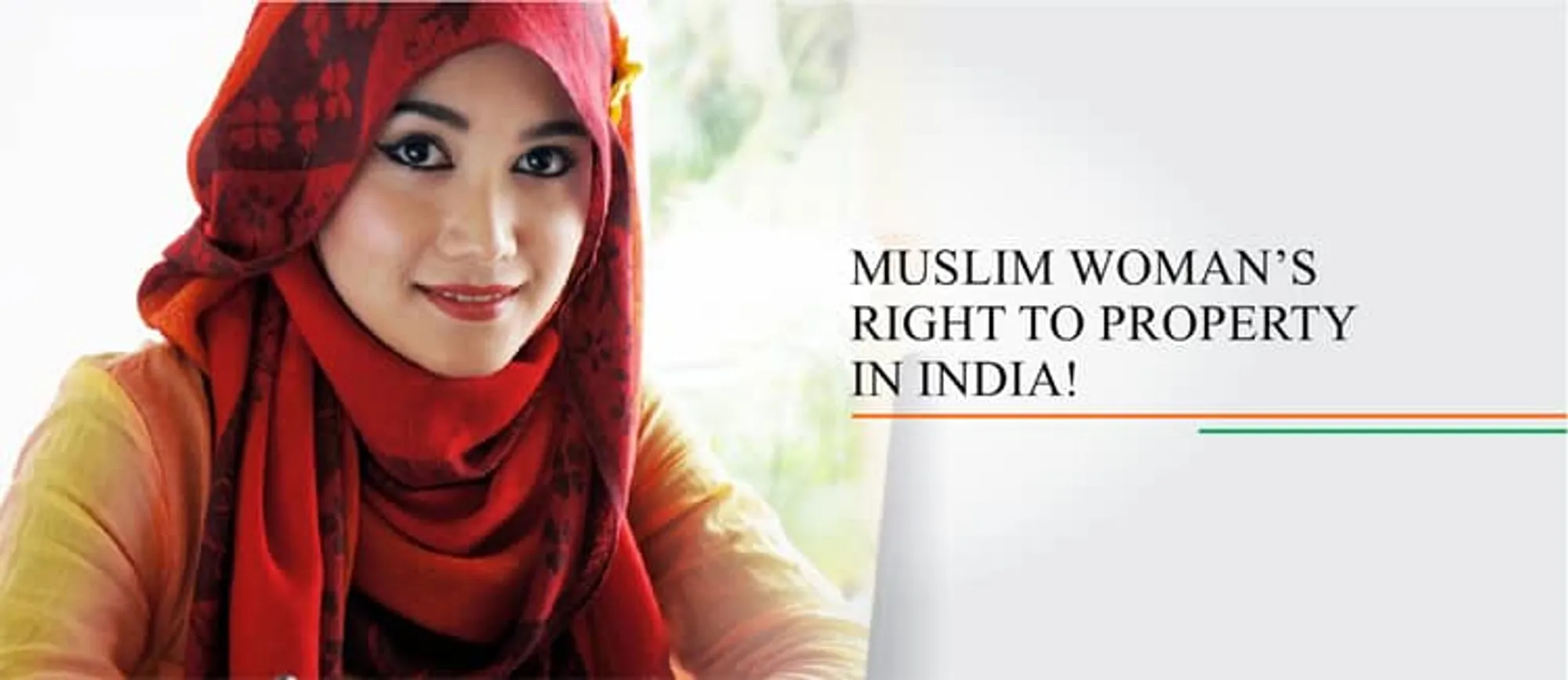In continuation of our previous newsletter Blog on Hindu women’s property rights in India, this time we are giving a perspective on the Muslim women’s property rights in India. Like we discussed earlier every religion practised in India is governed by its respective personal laws including the property rights.
In India, Muslims do not have classified property rights, and they are governed as per the two schools of the Muslim personal law – the Shia and the Hanafi.
Following are some general rules of inheritance for women as per the Muslim personal law:
- A Muslim mother is qualified to inherit from her children if they are independent. She is likely to inherit one-sixth of her dead child’s property if her son is a father as well. In the absence of grandchildren, she would get the one-third share.
- A Muslim daughter owns whatever asset she obtains. If she has no brother, she gets half of the share. It is legally hers to manage, control, and to dispose of the property whenever she desires.
- She can also receive gifts from those she would inherit the property from.
- Until a daughter is unmarried, she is eligible to stay at her parents’ house and seek subsistence.
- In case of a divorce, the charge for maintenance reverts to the women’s parental family after approximately three months period is over.
- However, in case her children are in a position to support her, the responsibility is on them.
- In the event of the death of husband, a widow is entitled to one-eighth share in case they’ve children, but if there are no children, the woman will get only one-fourth share.
- In case a husband has more than one wife, the share comes down to one-sixteenth.
- Islamic law also provides financial security for the Muslim woman in the following ways:-
- A Muslim wife is entitled to receive total money or property from her husband at the time of marriage.
- The wife may inherit a higher amount of will when there are no heirs for the estate as prescribed by the law because a Muslim cannot give away more than one-third of his/her total property through a will.

